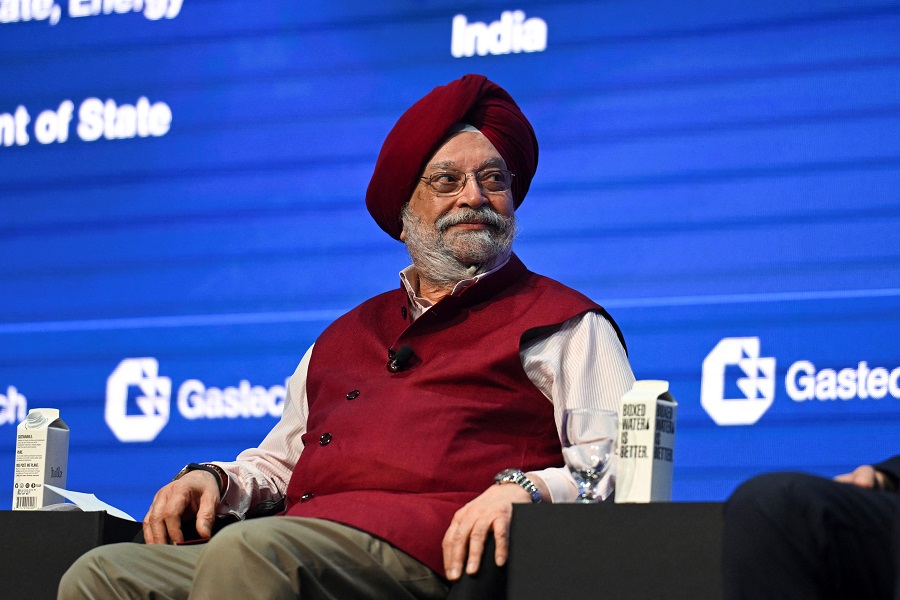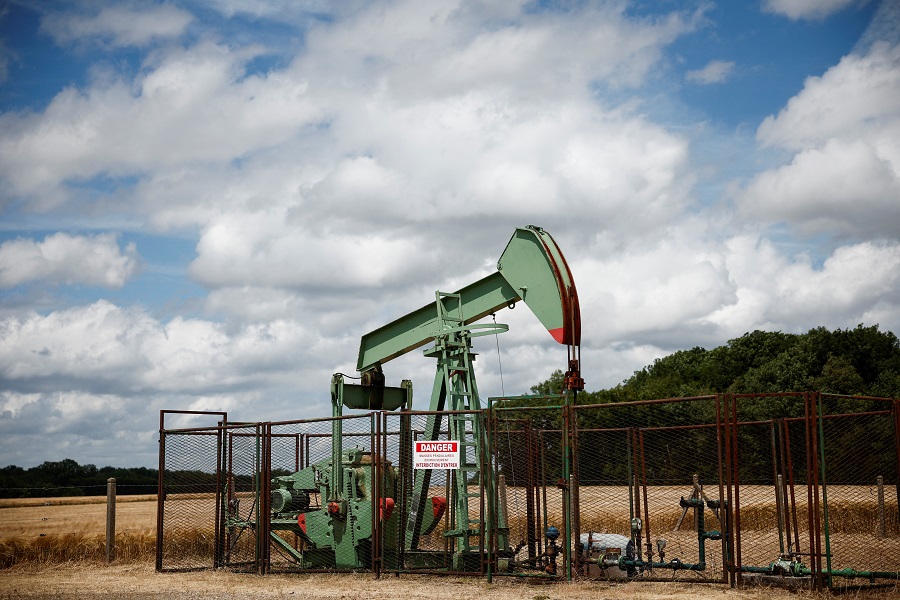India plans to use LNG for third of truck fleet, in blow to diesel

India plans to have a third of its heavy duty long-haul trucking fleet fuelled by liquefied natural gas (LNG) instead of diesel in five to seven years to cut pollution, according to a draft policy from the federal oil ministry.
India, one of the biggest emitters of greenhouse gases, has set a 2070 net zero goal and wants to raise the share of natural gas in its energy mix to 15% by 2030 from about 6% now.
India is slow to adopt LNG-fuelled trucks compared to China, where use of electric vehicles and LNG-powered trucks is weighing on its oil demand.
Diesel consumption accounts for the bulk of refined fuel use in India, the world's third biggest oil importer and consumer.
Switching trucks to LNG would curtail India's diesel consumption, freeing up products for global markets.
While some cars and buses in India already use compressed natural gas, the government says LNG, which gives better range, would be a better option for long-haul trucks.
Indian oil and gas retailers are setting up 49 LNG dispensing stations in the initial phase and the government plans to work towards a consistent LNG price across the country, according to the draft policy, which was published last week.
At present, due to state tax variations, the cost of LNG is not uniform in India.
The government plans to allocate 0.5 million cubic metres of gas per day of local gas to meet the needs of about 50,000 trucks for two-to-three years, the draft said.
Heavy duty vehicles account for a majority of energy-related carbon dioxide emissions by India's transport sector.
The country had 5.8 million trucks and lorries and 1.6 million multi axle articulated vehicles registered as of March 31, 2020, the draft said.
"In order to reduce vehicular pollution in the transport sector, there is a need to promote LNG in heavy duty vehicles .... LNG has 24 per cent lower emission factor than diesel," it said.
























